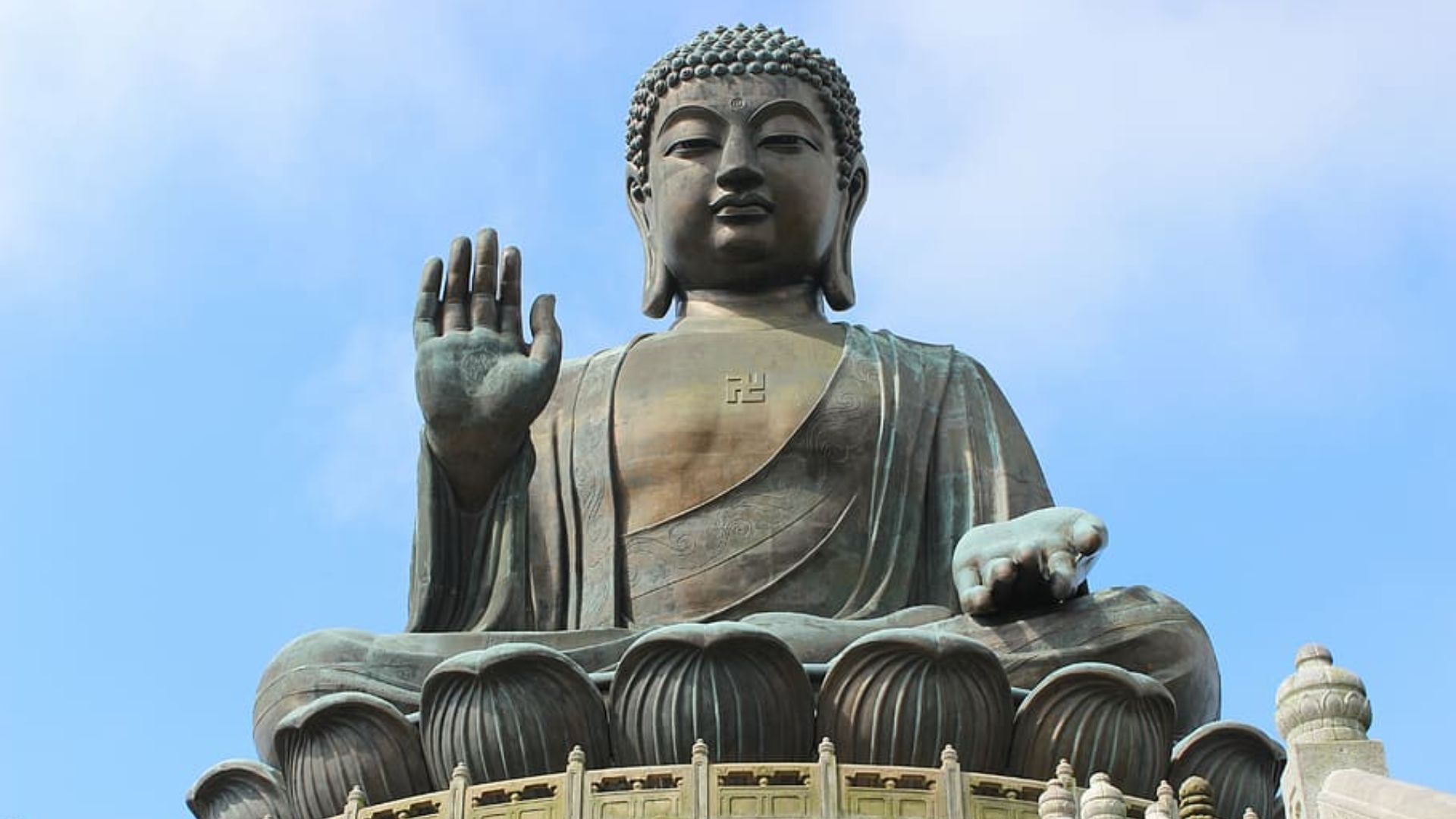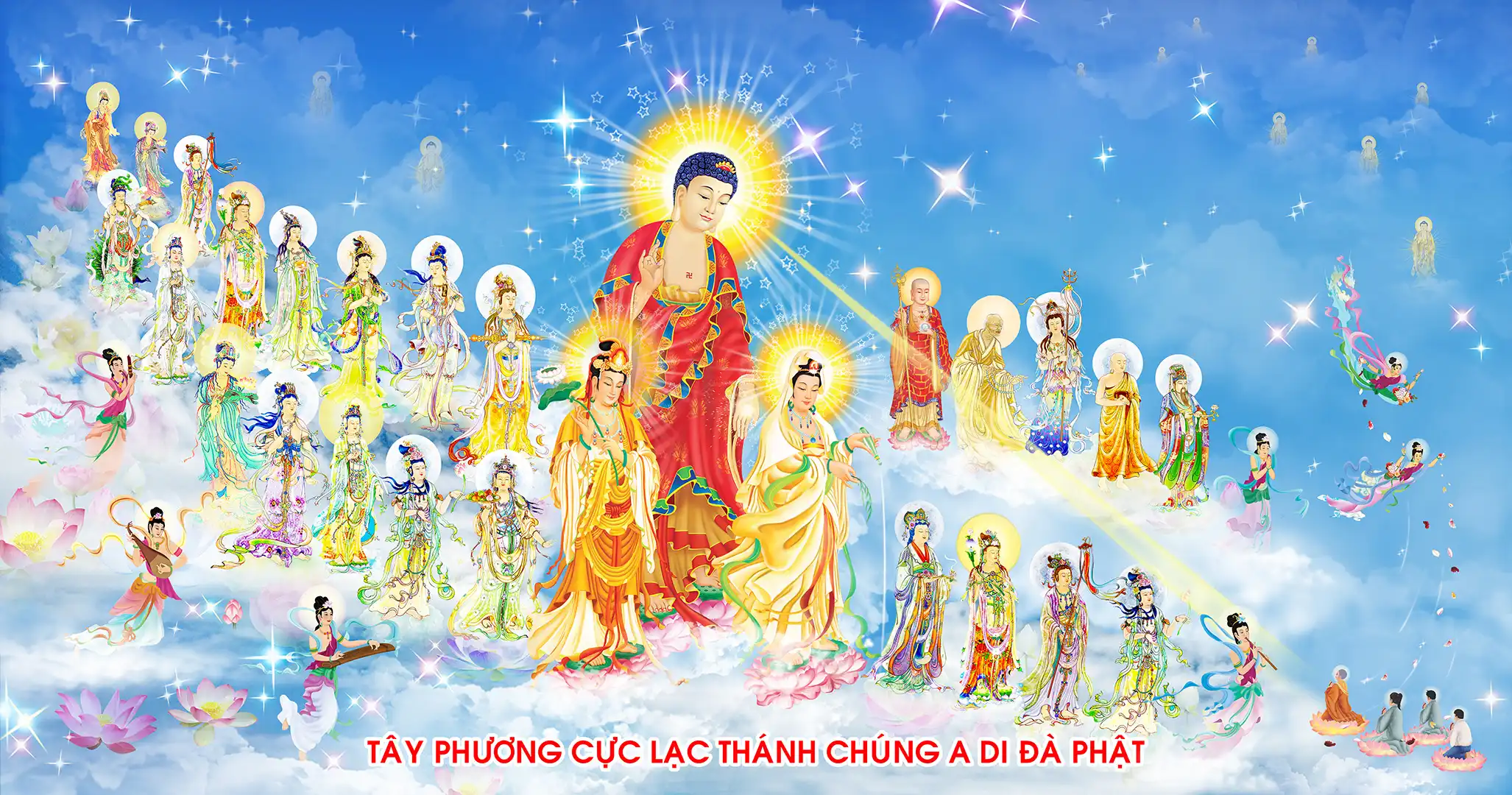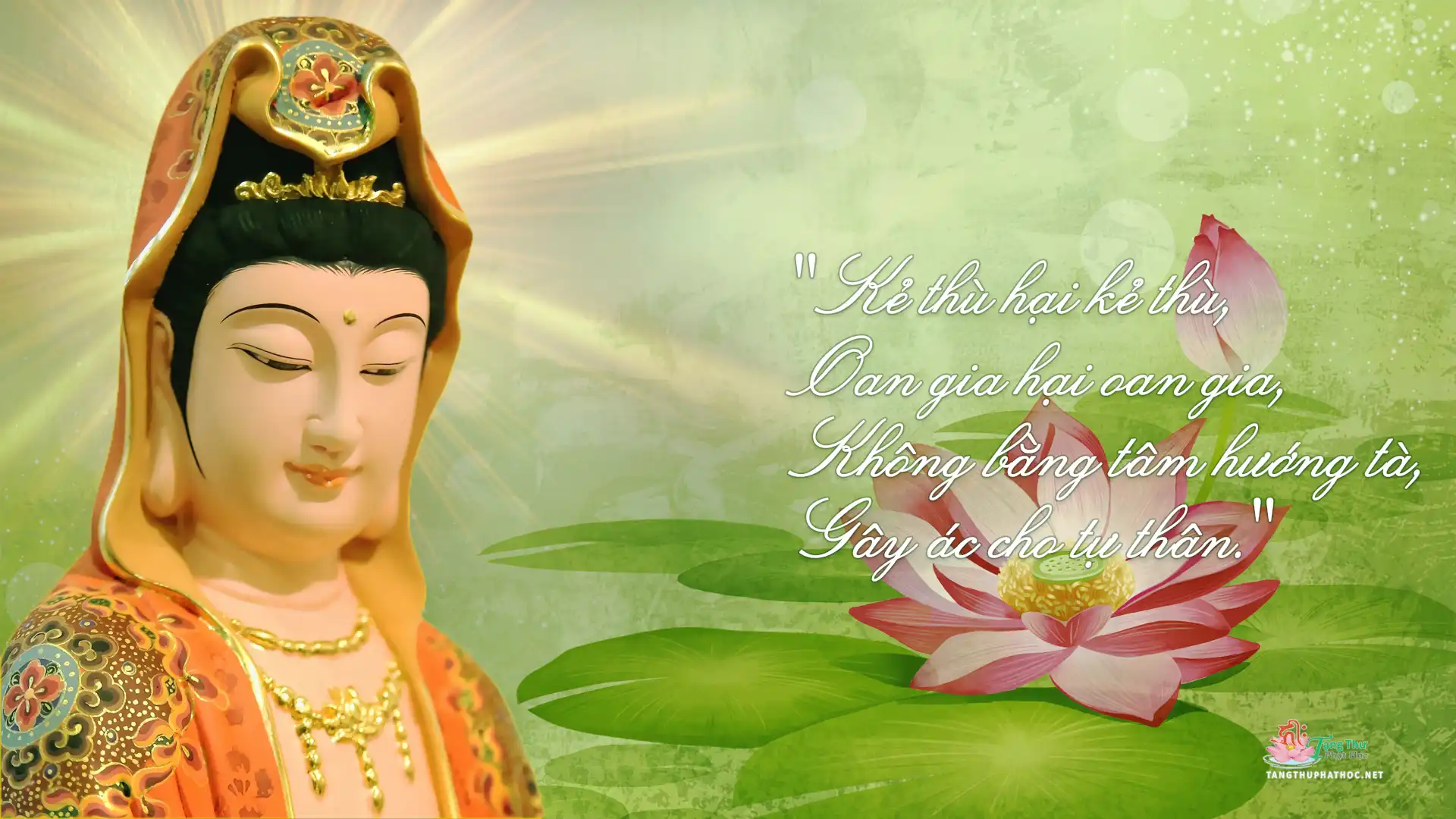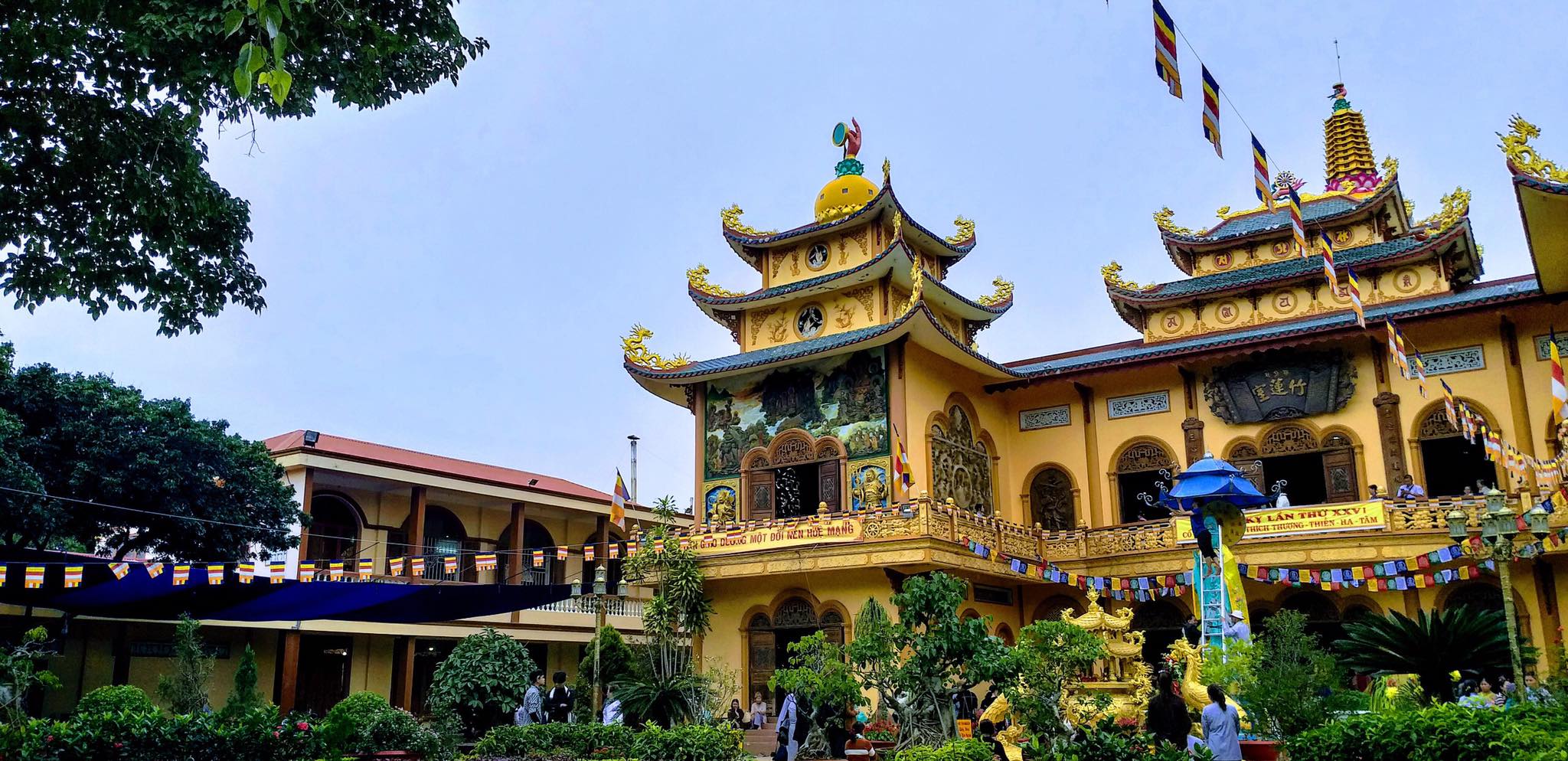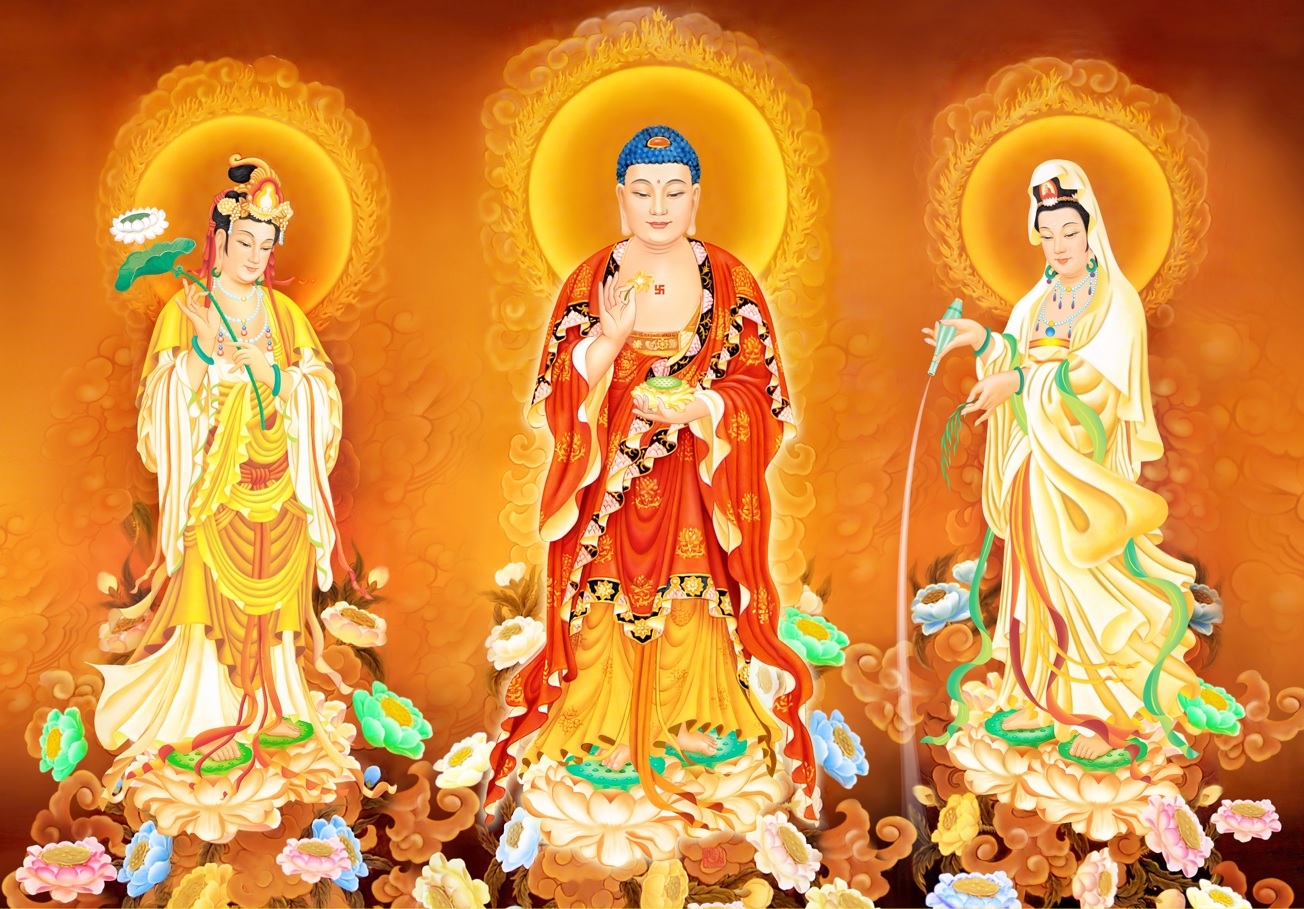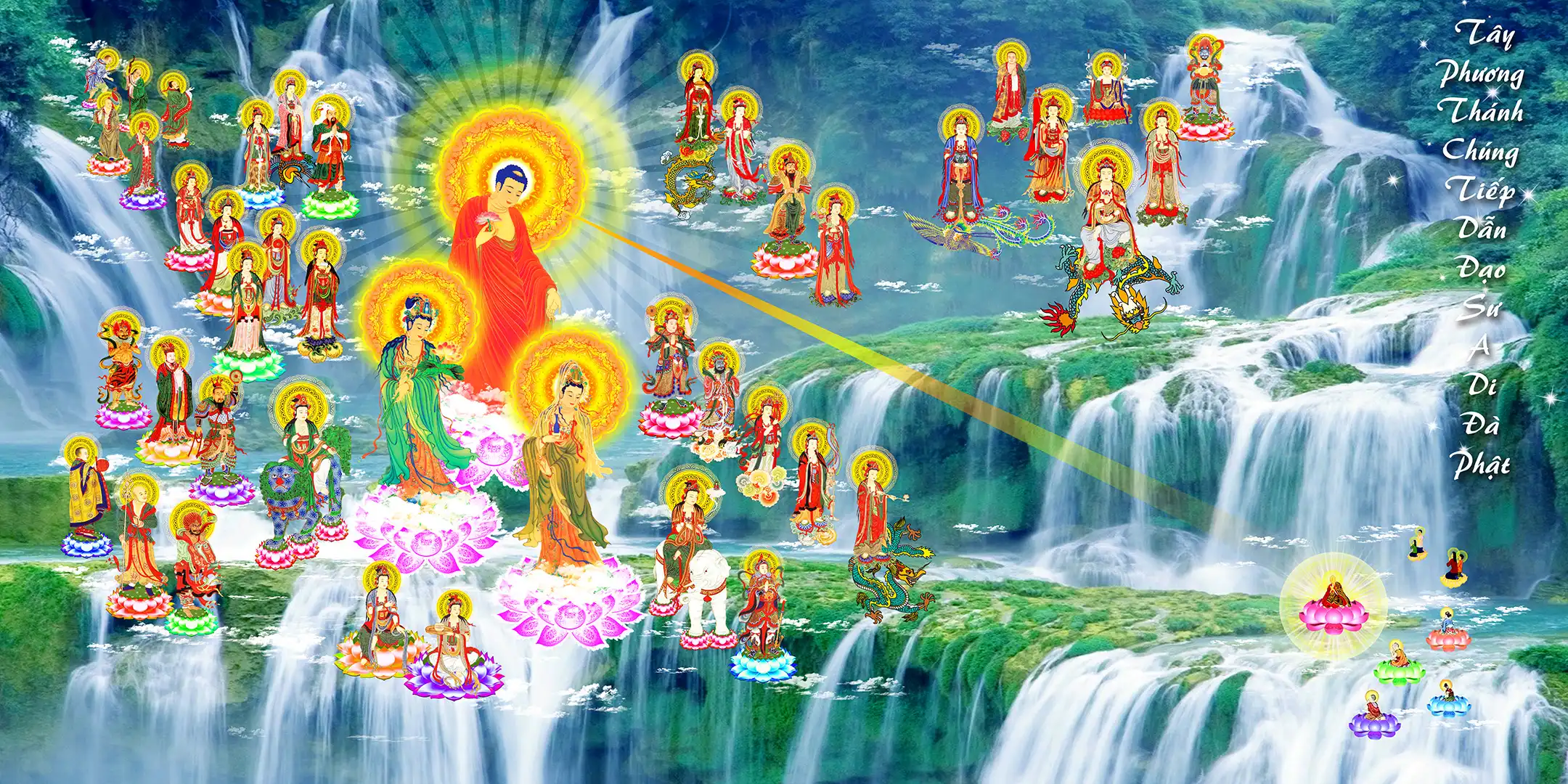TRỘM ÁO NHÀ VUA
Có người ở chốn quê mùa
Lén vào kho áo nhà vua trộm về
Bộ y phục đẹp kể chi
Trộm xong trốn tới vùng kia xa vời.
Khi vua biết vụ trộm rồi
Phái nhiều binh lính khắp nơi truy tìm
Cuối cùng cũng bắt được liền
Giải tên ăn trộm lên trên pháp đình.
Bị tra hỏi, hắn gian tình
Chối luôn tội trộm của mình mới đây
Khai rằng bộ y phục này
Là do tổ phụ lâu nay lưu truyền.
Vua ra lệnh mặc thử liền
Hắn đem y phục mặc lên thân người
Mặc sao lộn bậy tức cười
Món trên xuống dưới, dưới thời lên trên
Áo quần, mũ mãng đảo điên
Tỏ ra hắn chẳng hề quen bao giờ.
Vua bèn phán: “Không còn ngờ
Điều này chứng tỏ ngươi là kẻ gian
Đây là y phục cung vàng
Riêng vua cùng với các quan thường dùng.”
Trộm khờ cứng họng hết đường
Cúi đầu thú nhận tội cùng vua thôi.
*
Truyện này thí dụ lâu rồi
Vua là Đức Phật của thời xa xưa
Còn y phục được coi như
Chính là Giáo Pháp tối ư nhiệm mầu
Nhà quê kẻ trộm khác đâu
Là phường tà giáo mưu cầu gian manh
Trộm của người rồi chí tình
Nhận làm giáo pháp của mình đấy thôi
Trộm điều Phật dạy tuyệt vời
Khoe rằng giáo pháp của nơi chính mình
Nhưng không biết cách thực hành
Vì không thấu hiểu cho rành trước sau
Cho nên lộn bậy đuôi đầu
Đảo điên bản chất lộ mau tức thì.
*
Tâm Minh Ngô Tằng Giao
(Thi hóa Kinh Bách Dụ)
A Rustic Steals Clothes
From The Palace Treasury
Once upon a time there was a rustic who stole garments from the palace and then escaped to a remote place. The king sent men to search for him in all directions. Finally, he was arrested and taken to the king who accused him of theft and asked him where he had got the clothes.
The rustic answered that they belonged to his grandfather. The king then ordered him to put them on. He did not know how to wear them. He put on his arms what should be worn on his legs. What he ought to have on his waist, he put on his head.
Seeing this, the king summoned his ministers for consultation on the matter.
“If the clothes belonged to your grandfather, you should know how to wear them. How can you wear them in all wrong ways? It’s certain that they are not your old clothes. You have stolen them,” said the king.
Figuratively speaking, here the king is like Buddha; the valuable clothes, the Buddhist teachings; the stupid rustic, the heretic.
A heretic, who has eavesdropped on Buddhism, makes it for his own. He then misinterprets it, because he does not know the real meaning of its teachings.
This heretic is like the rustic who stole the king’s valuable clothes without knowing how to wear them properly and put them on in all the wrong ways.
(Phần tiếng Anh trích dẫn trong “Sakyamuni’s One Hundred Fables” của Tetcheng Liao)



